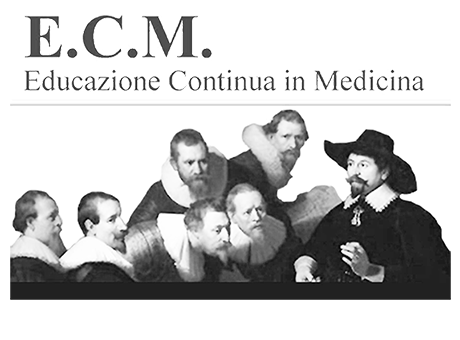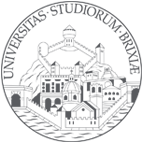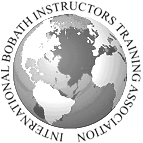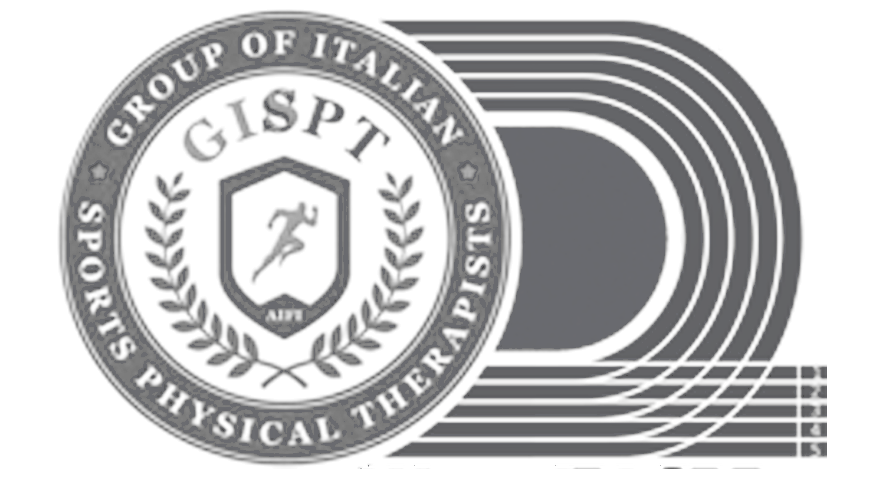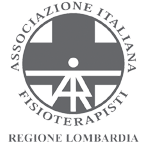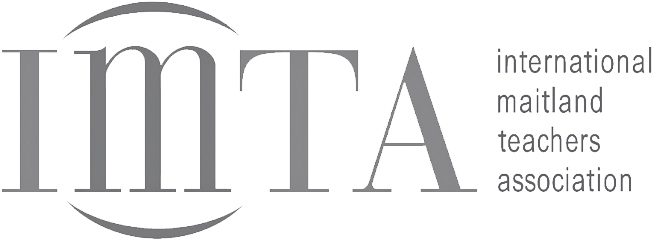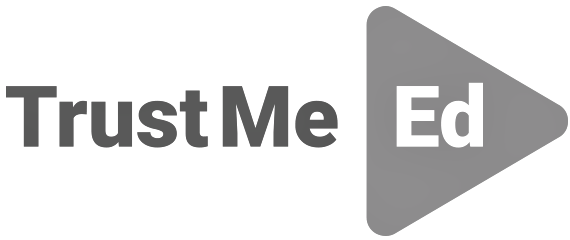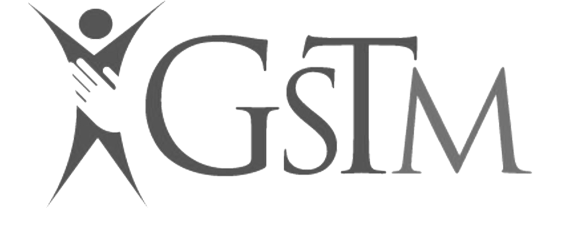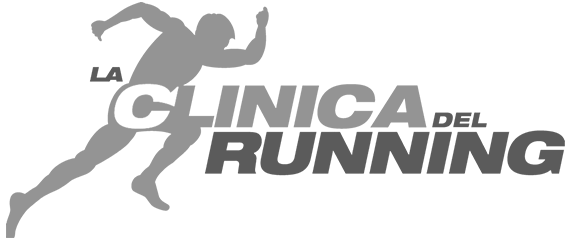November 10, 2024
EM340: IBITA advanced course: "The role of the extremities in postural control: the head guides verticality, the foot guides locomotion and the hand guides reaching"
-
Mary Lynch ElleringtonPt, FCSP, IBITA Senior Instructor
-
Alba MagriPt, IBITA Advanced Course Instructor
-
Miguel Benito Garcia
Introduction:
The Bobath concept is a problem solving approach aimed at evaluating and treating people with disorders of movement, postural control and function caused by central nervous system injury. This approach to the rehabilitation of adults with central neurological damage originates from the work of Berta and Karel Bobath and has evolved over the last 70 years. The rationale for its application is rooted in current neuroscientific knowledge relating to motor control, motor learning, neural and muscular plasticity and in current biomechanical knowledge. The aim of the course is to explore the relationship between the center and periphery of the body starting from an inverse perspective compared to the more classic one presented in the basic course in which the competence of the trunk and axial structures is considered crucial in supporting the movement of the limbs.
In this context we want to emphasize the role of the periphery as a source of sensory information essential for motor control. In particular, attention will be paid to the role of the inputs coming from the hand, the sole of the foot and the head-neck system in the modulation of the output for postural control aimed at locomotion, transfers and reach to grasp. At the end of the course the participant will have a broader and more integrated vision of the postural mechanisms that underlie functional recovery to complete the knowledge on the subject already provided in the basic course.
Specific objectives:
- Promote the evidence based approach based on updated literature
- Deepen knowledge of the mechanisms of integration between sensory and motor systems, between postural systems and selective movement control systems
- Understand how cutaneous and proprioceptive afferent inputs influence postural and motor control
- Acquire facilitation techniques (manual, verbal and environmental) that allow the summation necessary to reach the discharge threshold for the activation of the sensory-motor systems
- Develop reflection for the structuring of a treatment aimed at supporting neuroplastic processes
- Refine manual skills and implement technical competence at an advanced level
- Support comparison and discussion between participants and teachers and train clinical reasoning
In collaboration with:
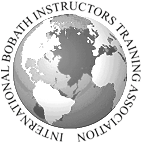
Intended for
Payments
- Deposit €520.00 within 7 days from the registration
- Balance €460.00 by date October 18, 2024
Calendar
language
COURSE LOCATION: BRESCIA @ EDUMED FORMAZIONE
SCHEDULE
PROGRAMMA
First day
8.30-9.00 Registration of participants and course objectives
9.00-11.00 Neurophysiology: “Sensory integration for the activation of motor systems”
11.00-11.15 Coffee break
11.15-12.30 Evaluation and treatment of patient A by the teachers in a collective session
12.30-13.00 Synthesis of clinical reasoning and discussion
1.00pm-2.00pm Lunch
2.00pm-3.30pm Treatment of patients by course participants under the supervision of teachers
3.30-3.45pm Coffee break
3.45pm-5.30pm Practical laboratory – The foot-head link for alignment when standing and the light touch for postural control. Move between standing and sitting, emphasizing the role of the foot throughout the transition
5.30-5.45pm Summary of the day, last questions and discussion.
Second day
9.00-11.00 Lesson: “The integration and role of afferents from the neck, the palm of the hand and the sole of the foot”
11.00-11.15 Coffee break
11.15-12.30 Evaluation and treatment of patient A by the teachers in a collective session
12.30-13.00 Synthesis of clinical reasoning and discussion
1.00pm-2.00pm Lunch
2.00pm-3.30pm Treatment of patients by course participants under the supervision of teachers
3.30-3.45pm Coffee break
3.45pm-5.30pm Practical laboratory – Sitting-supine with distal guides. Supine head preparation and positioning response for the core. Sit supine with distal guidance
5.30-5.45pm Summary of the day, last questions and discussion.
Third day
9.00-11.00 Lesson: “Presentation of a case report through the use of the MBCP” and discussion of clinical reasoning
11.00-11.15 Coffee break
11.15-12.30 Evaluation and treatment of patient A by the teachers in a collective session
12.30-13.00 Synthesis of clinical reasoning and discussion
1.00pm-2.00pm Lunch
2.00pm-3.30pm Treatment of patients by course participants under the supervision of teachers
3.30-3.45pm Coffee break
3.45pm-5.30pm Practical laboratory – Stimulate movement around the median axis: move from supine to prone with distal guidance. Work in the prone position for verticality, reaching and walking, excluding the visual channel and emphasizing proprioceptive information
5.30-5.45pm Summary of the day, last questions and discussion.
Fourth day
9.00-11.00 Practical workshop – The foot for the journey (step forward, step backward, changes of direction)
11.00-11.15 Coffee break
11.15-12.30 Evaluation and treatment of patient B by the teachers in a collective session
12.30-13.00 Synthesis of clinical reasoning and discussion
1.00pm-2.00pm Lunch
2.00pm-3.30pm Treatment of patients by course participants under the supervision of teachers
3.30-3.45pm Coffee break
3.45pm-5.30pm Practical laboratory – Active hand stimulation rather than passive sensory package. The role of the hand in guiding walking
5.30-5.45pm Summary of the day, last questions and discussion.
Fifth day
9.00-11.15 Practical laboratory – The hand as a drive for reaching.
11.15-11.30 Coffee break
11.30-13.00 Evaluation and treatment of patient B by the teachers in collective session and discussion
1.00pm-2.00pm Lunch
2.00pm-3.30pm Treatment of patients by course participants under the supervision of teachers
3.30-3.45pm Coffee break
3.45pm-4.45pm Practical laboratory: Head-hand coordination for grasping and manipulating
4.45-5.30pm ECM test, delivery of certificates and conclusion of the course
